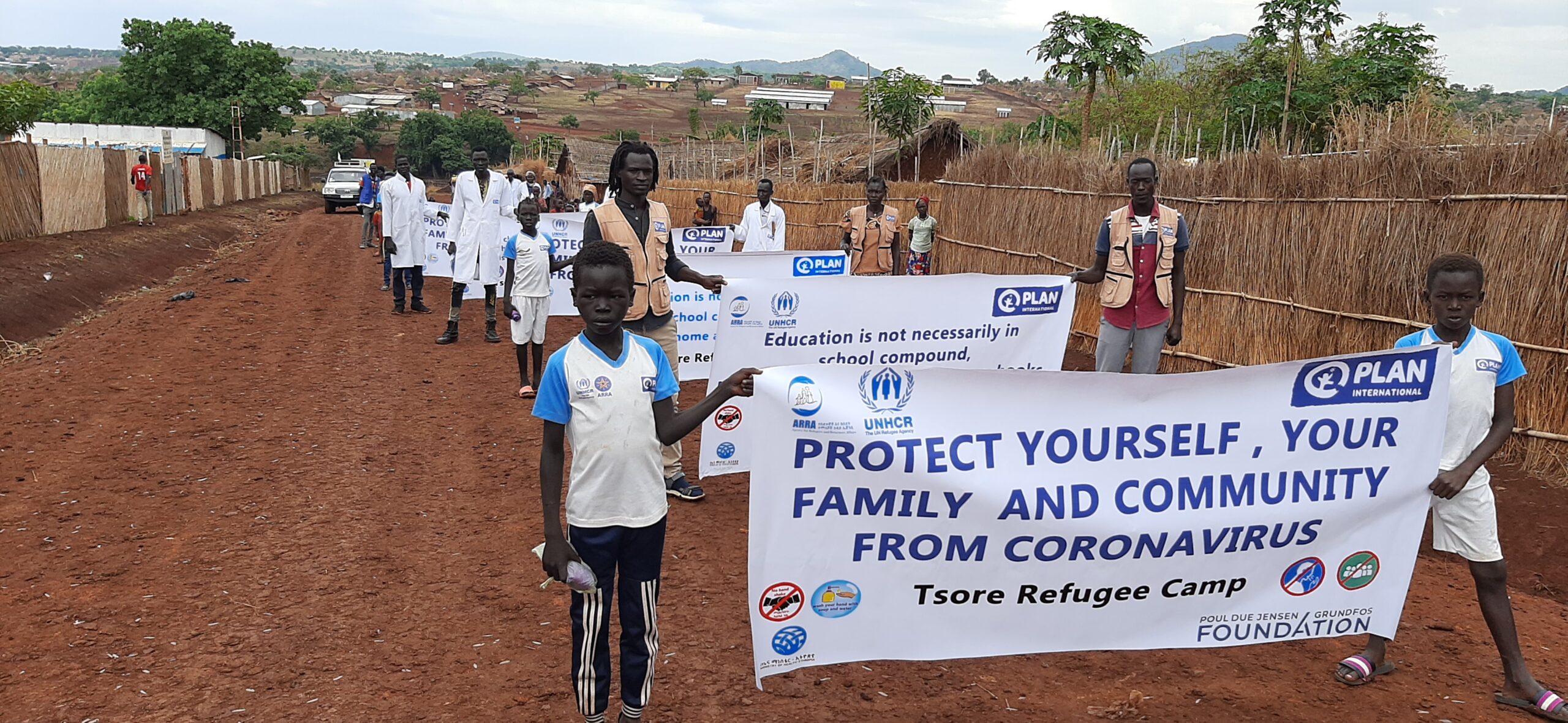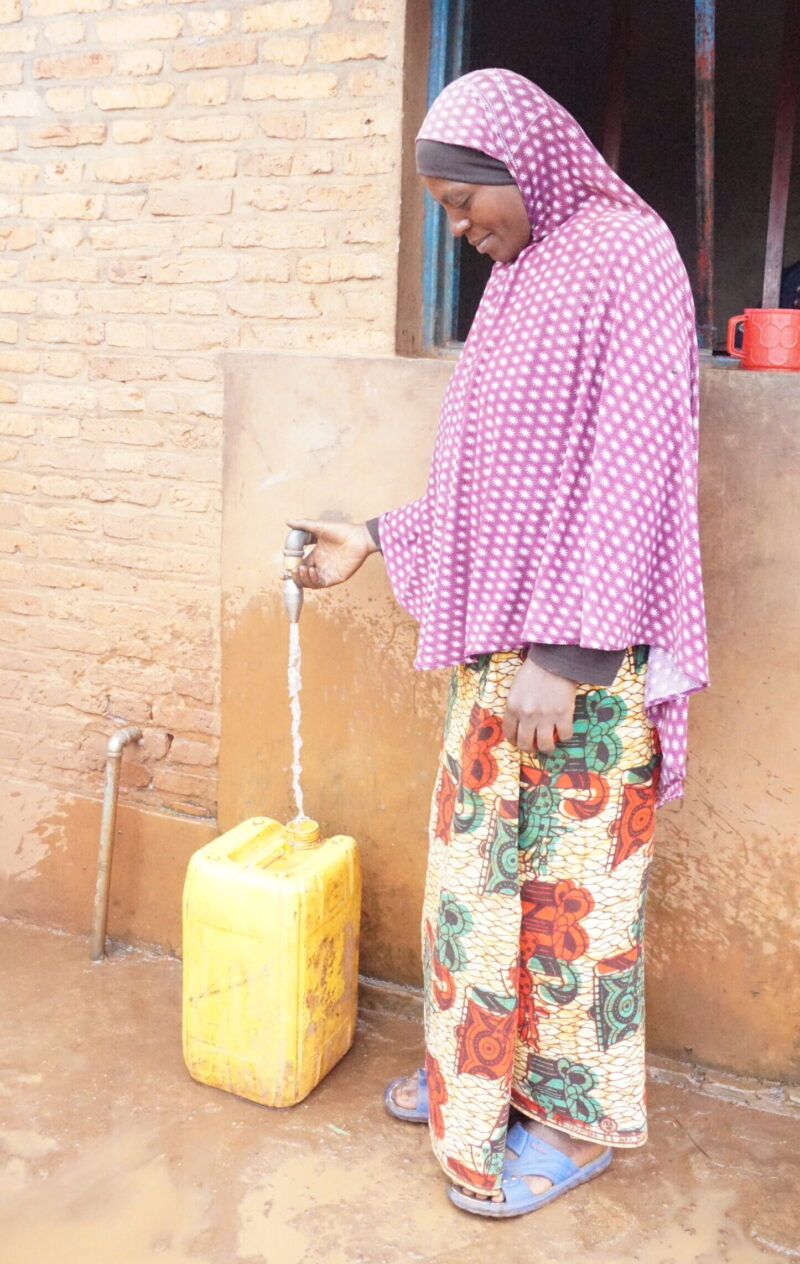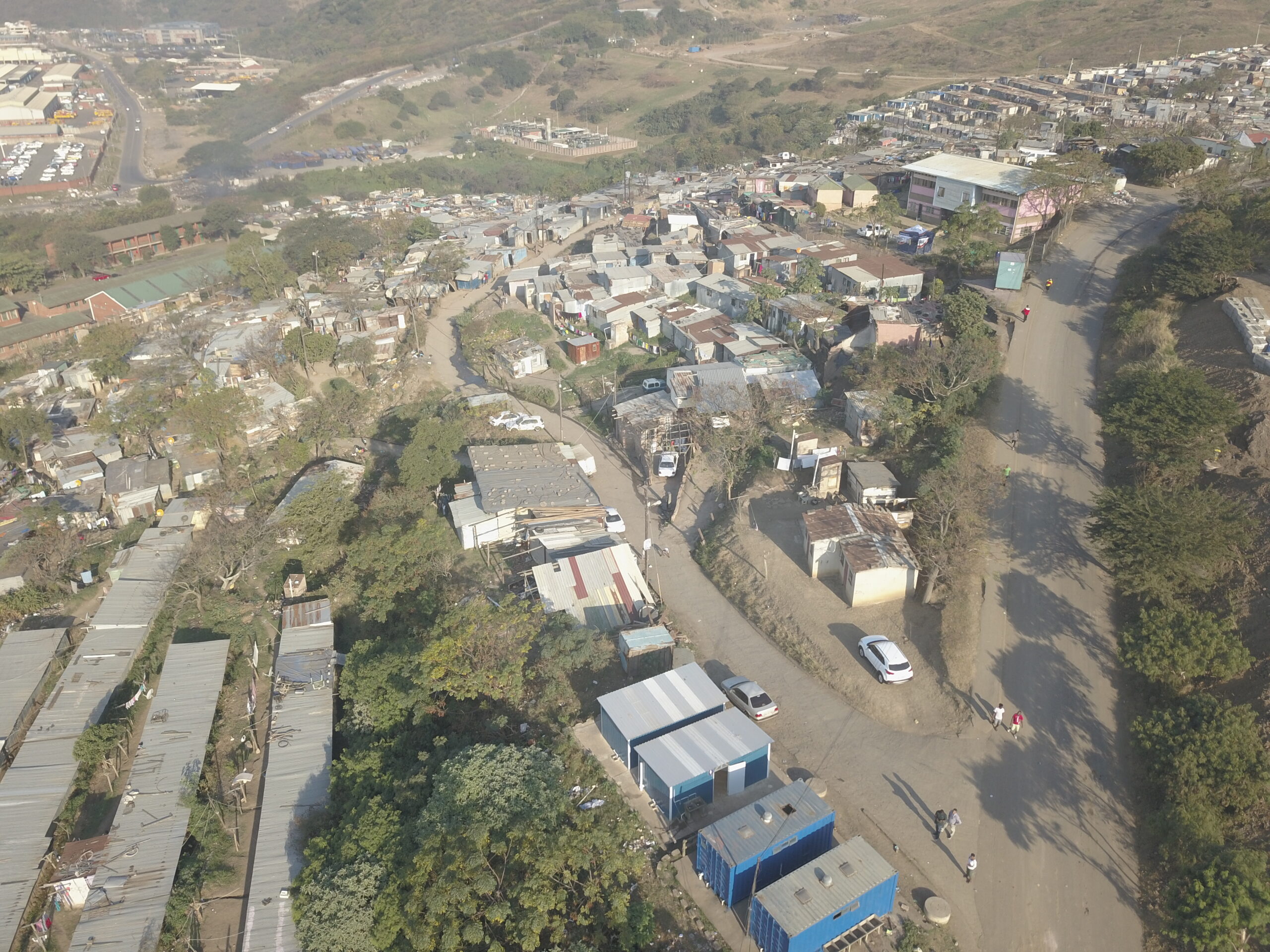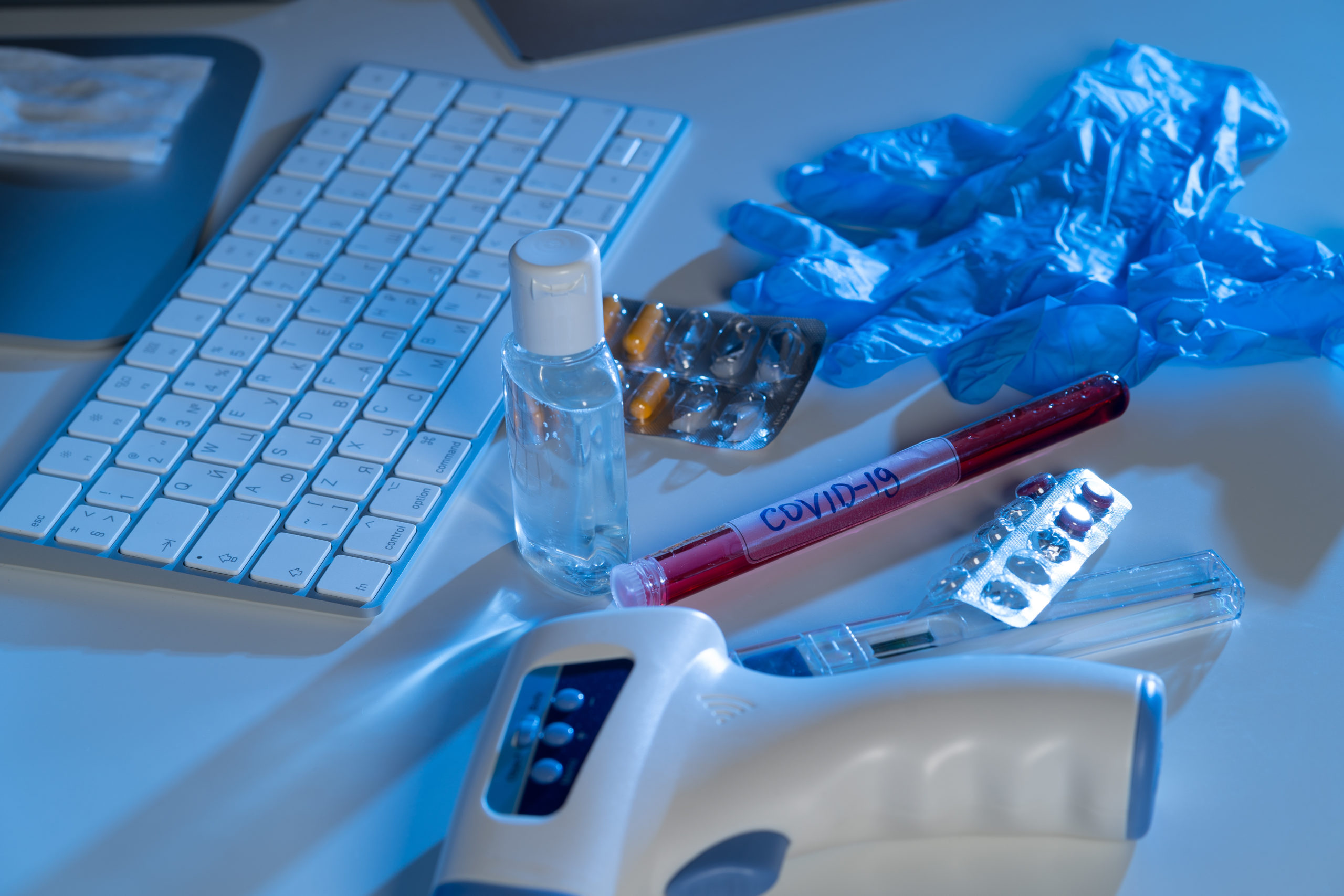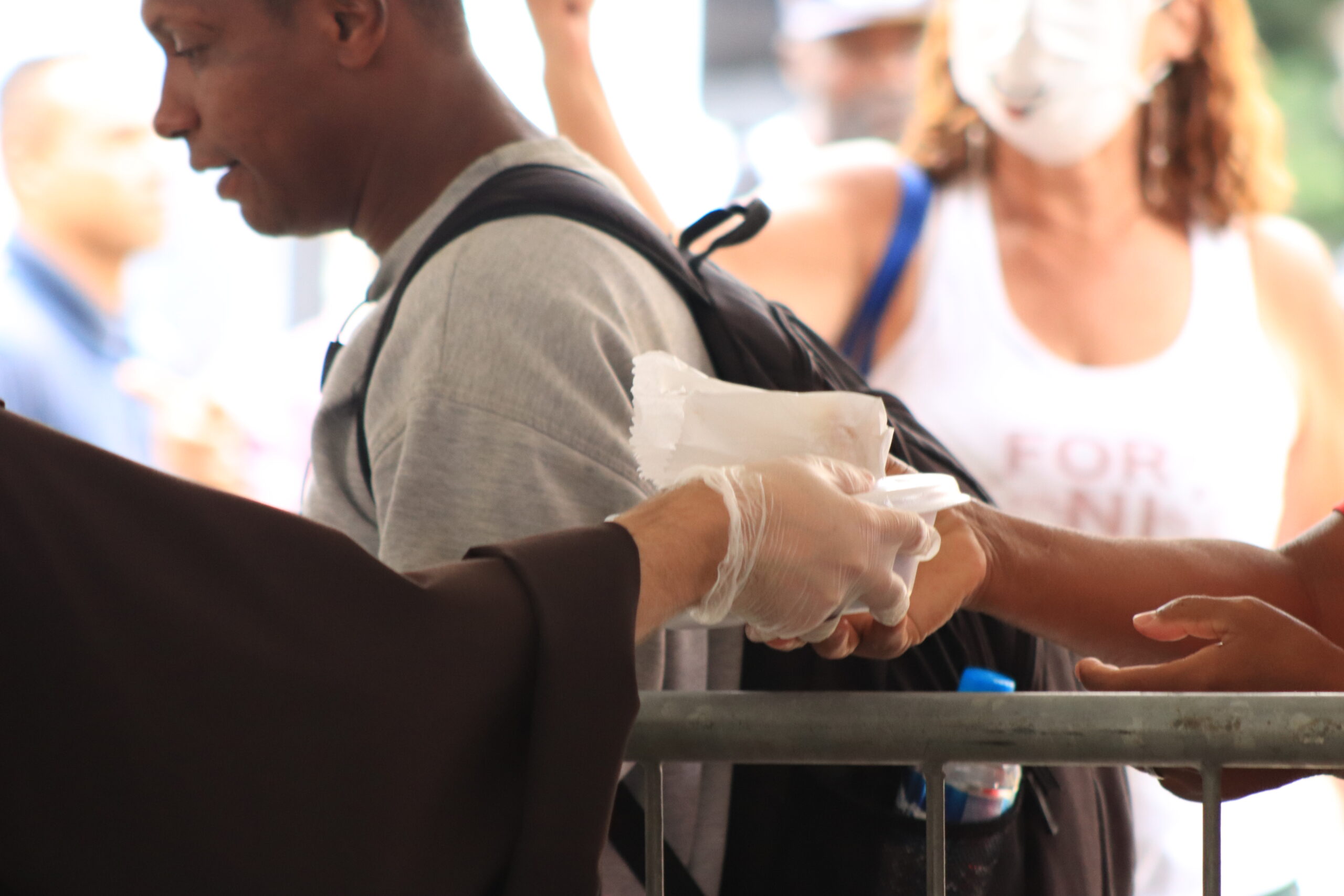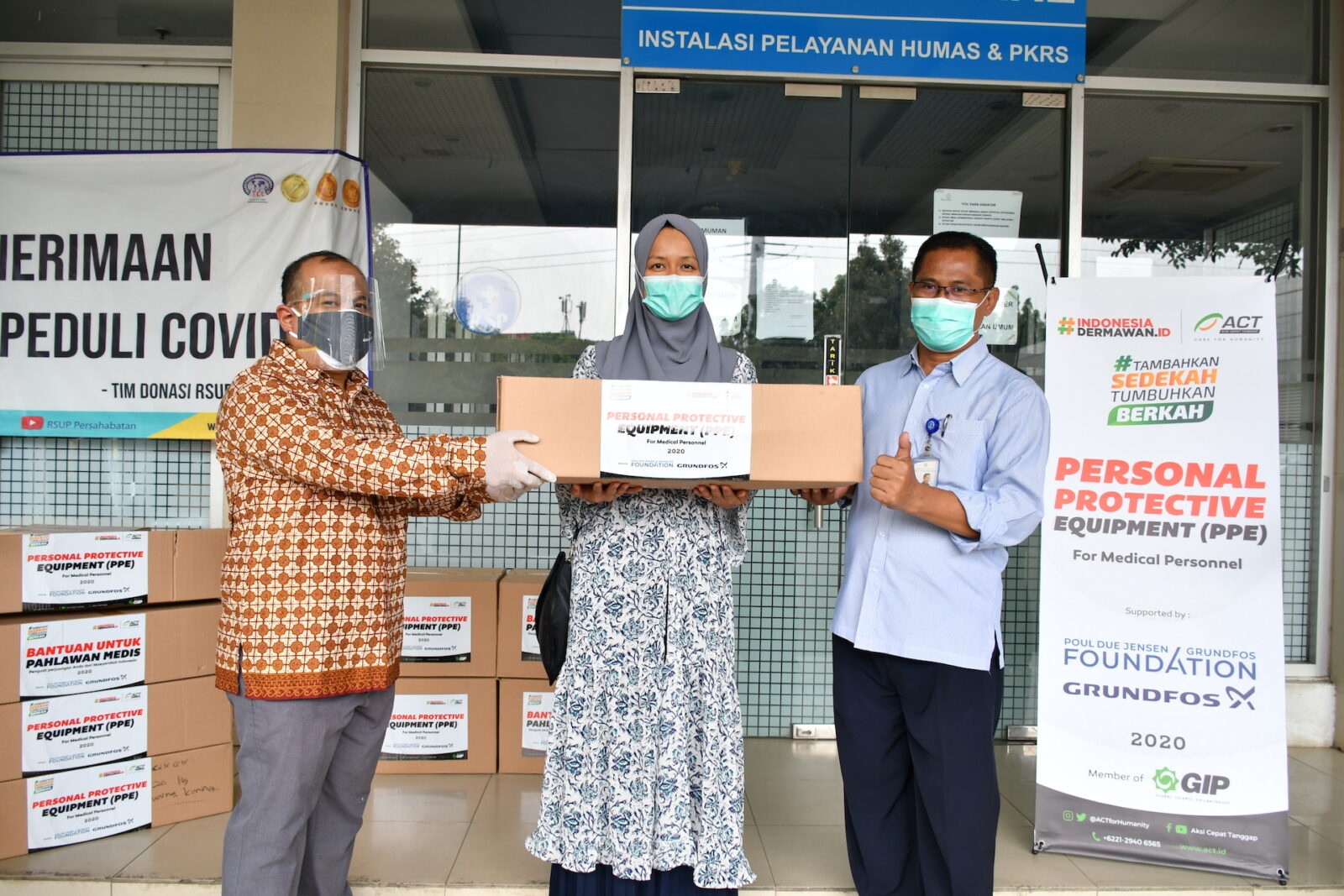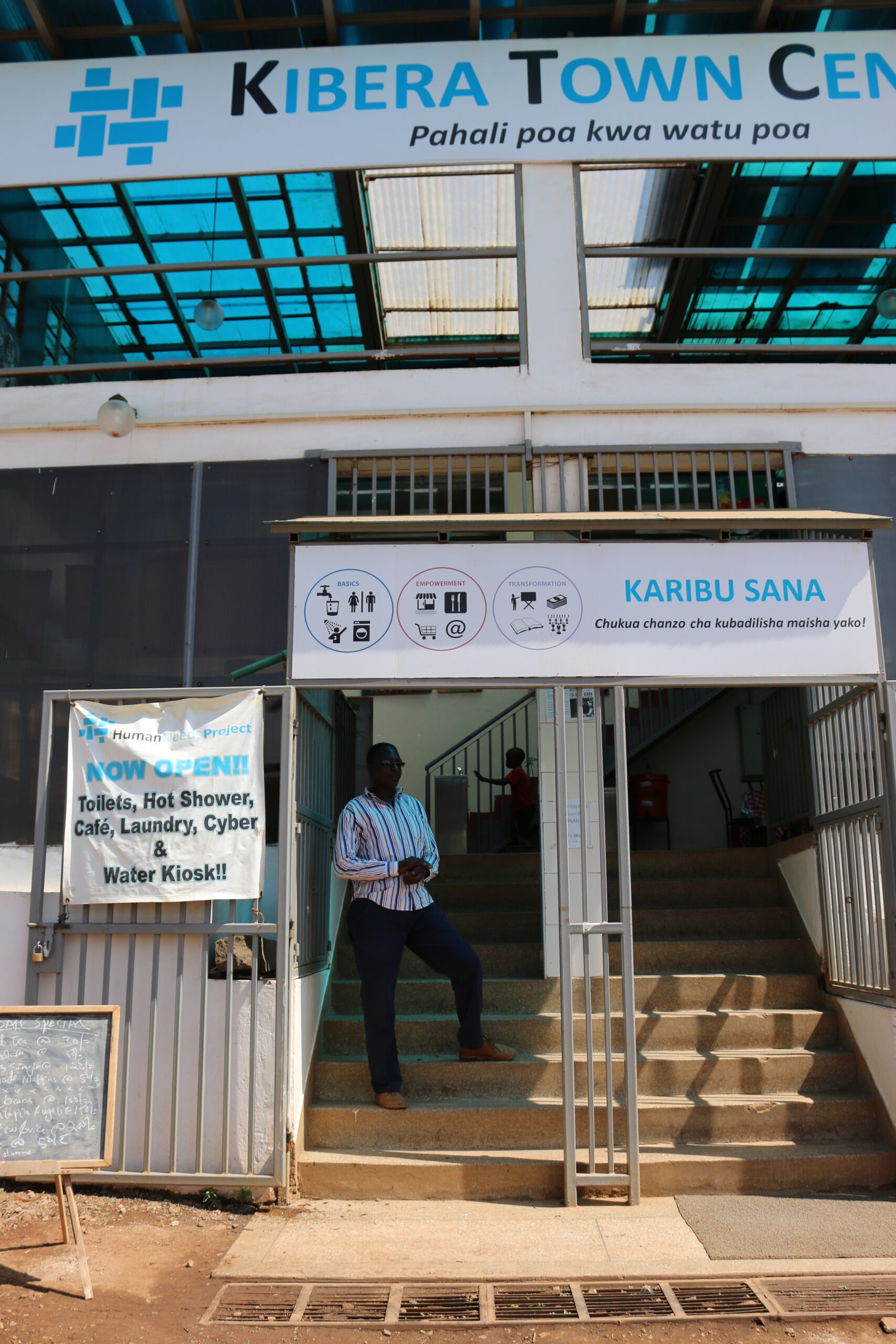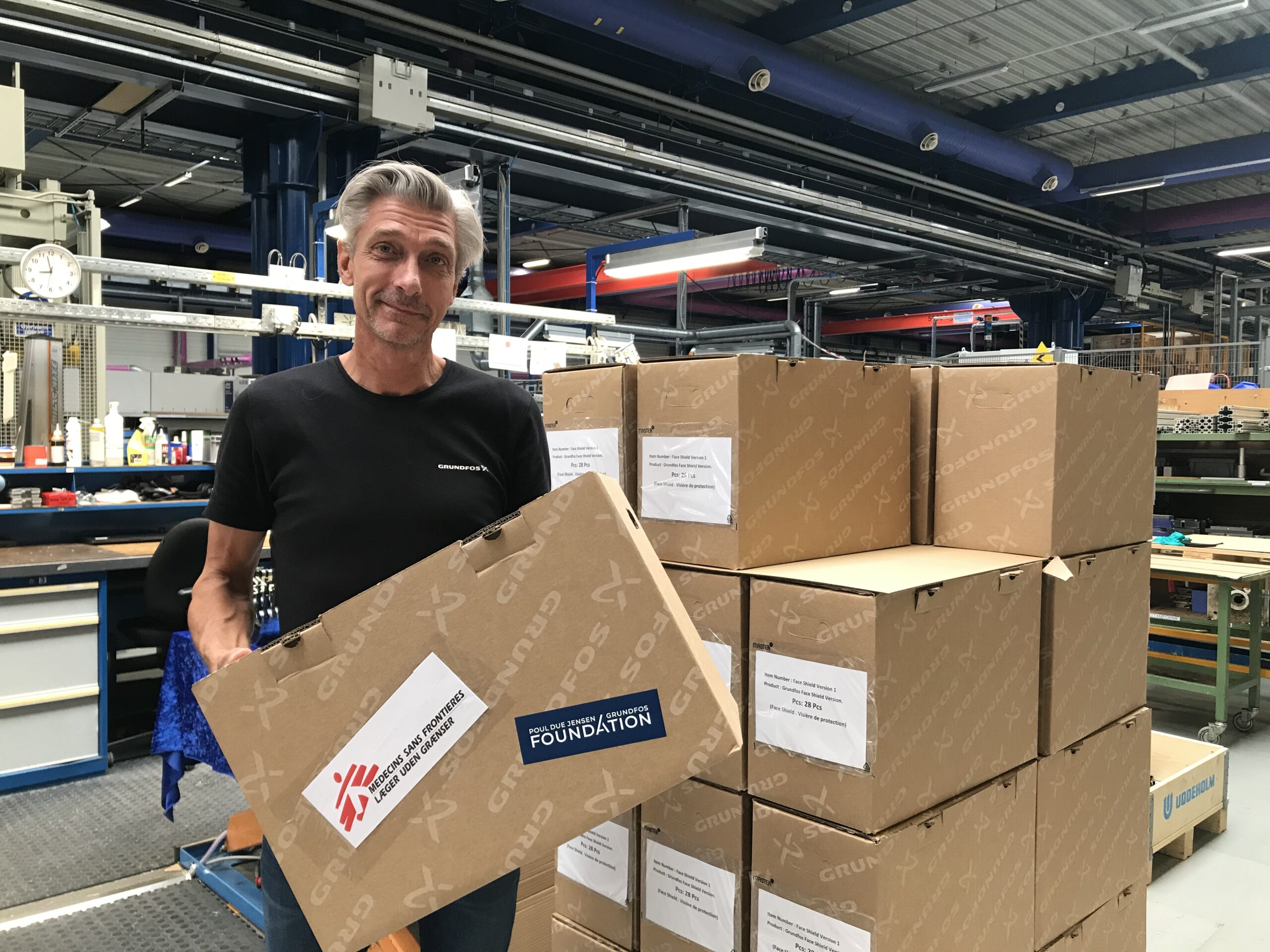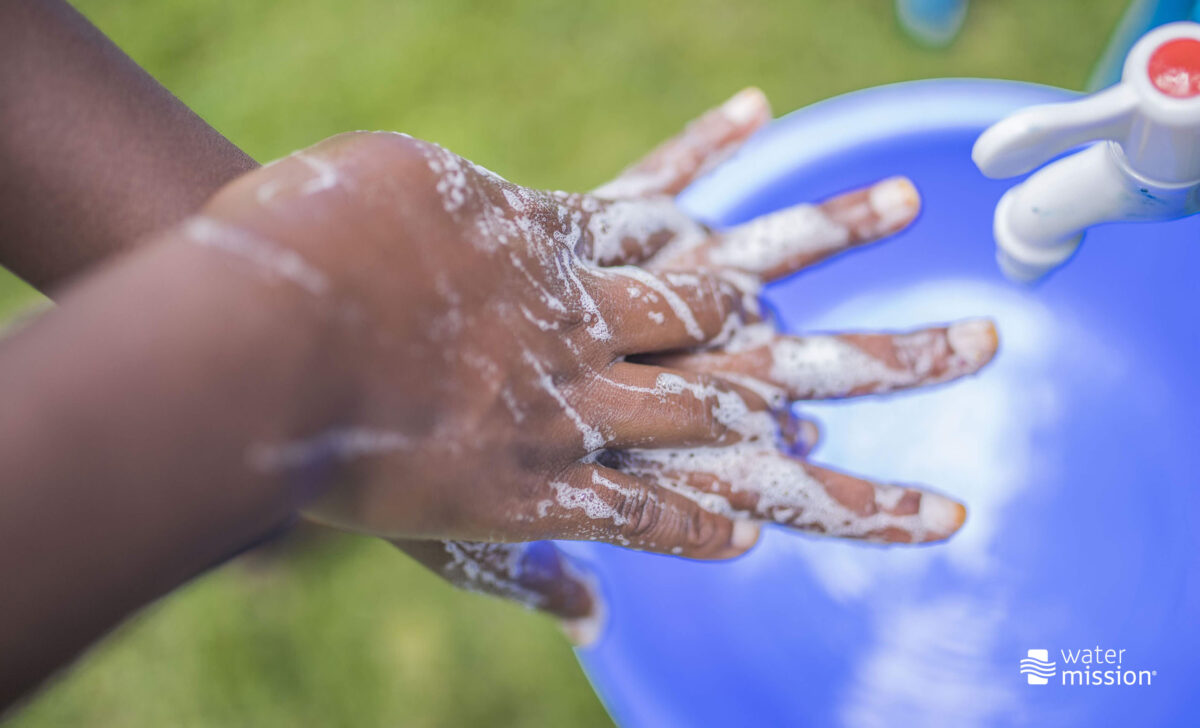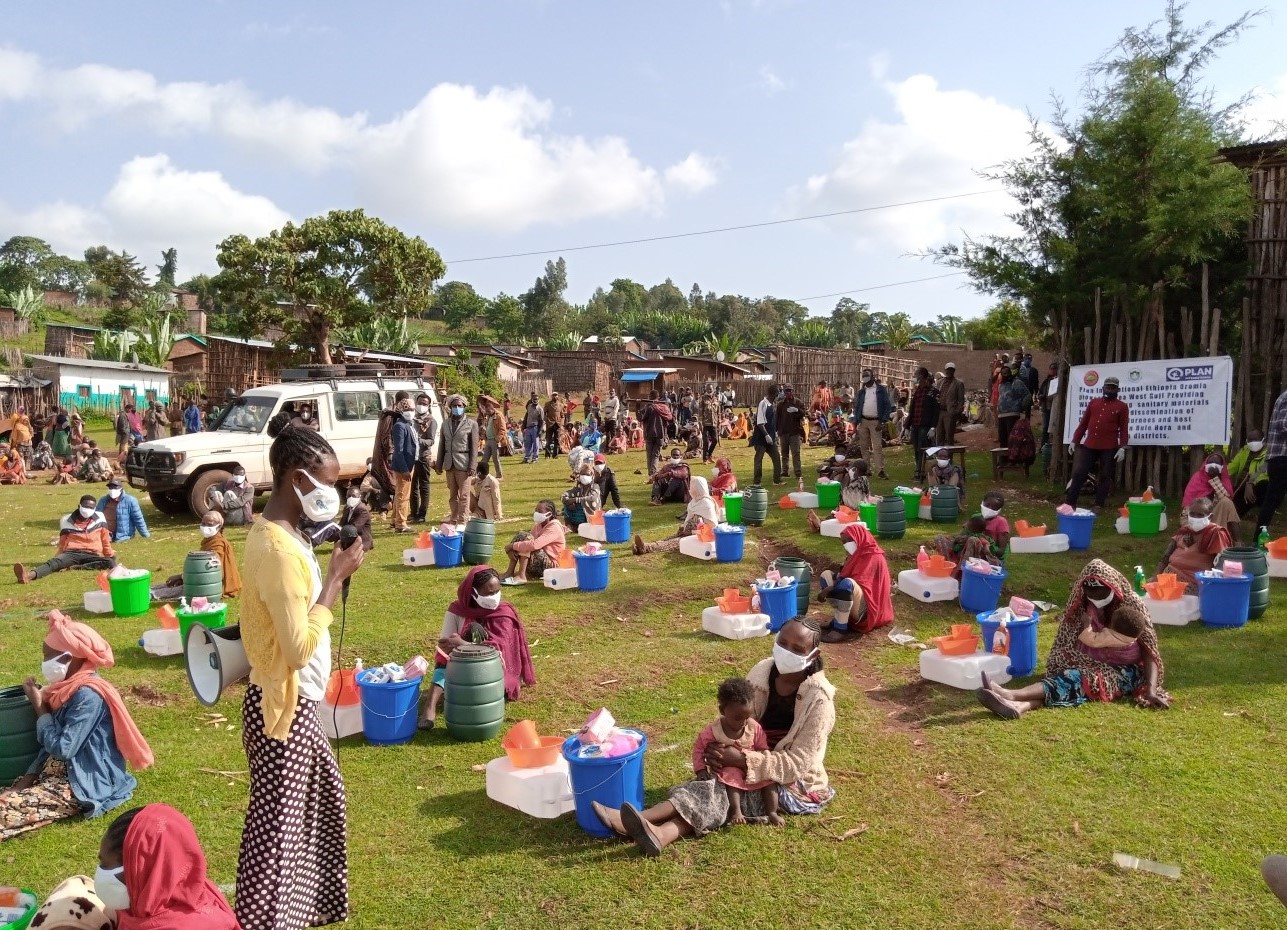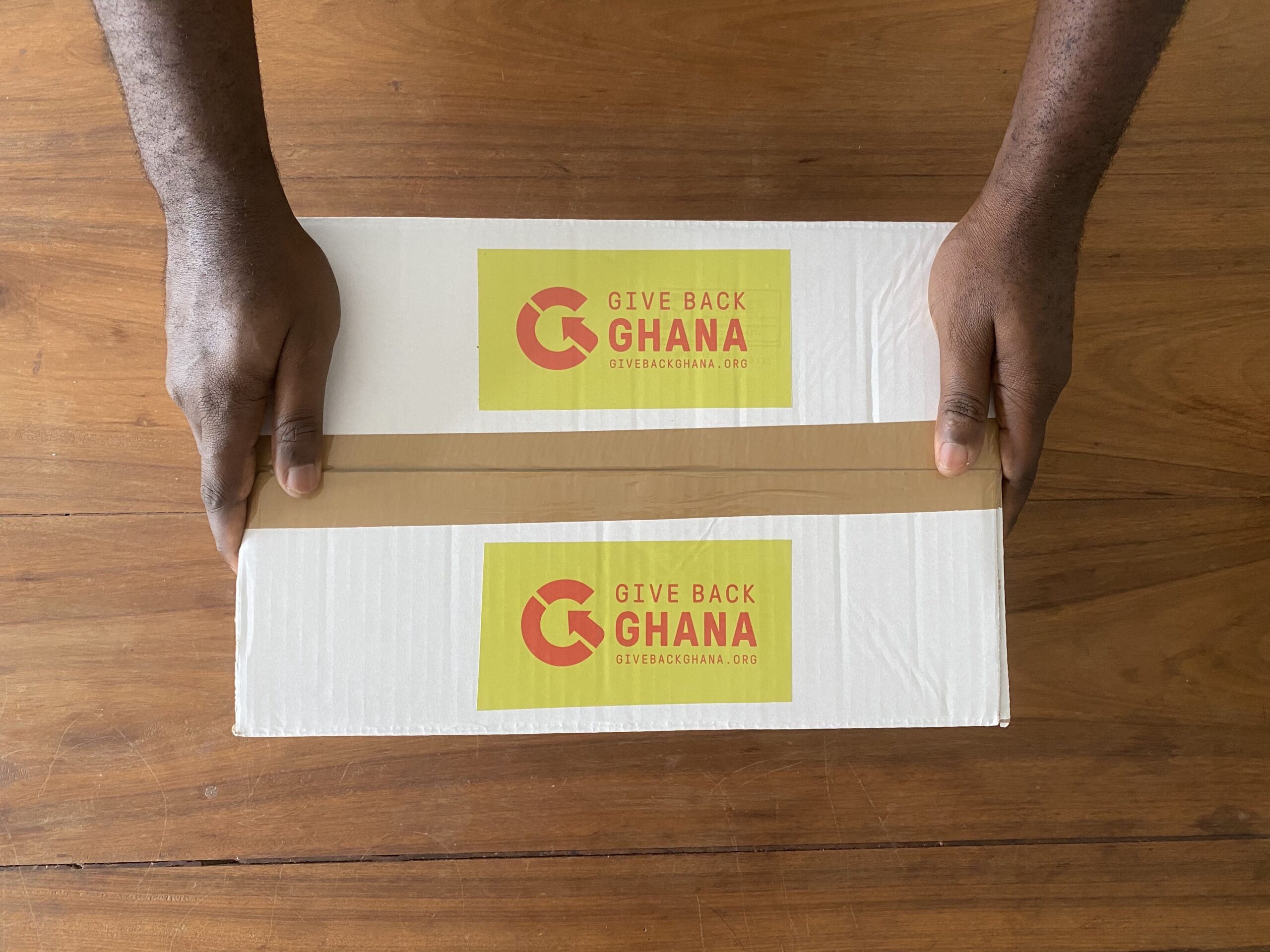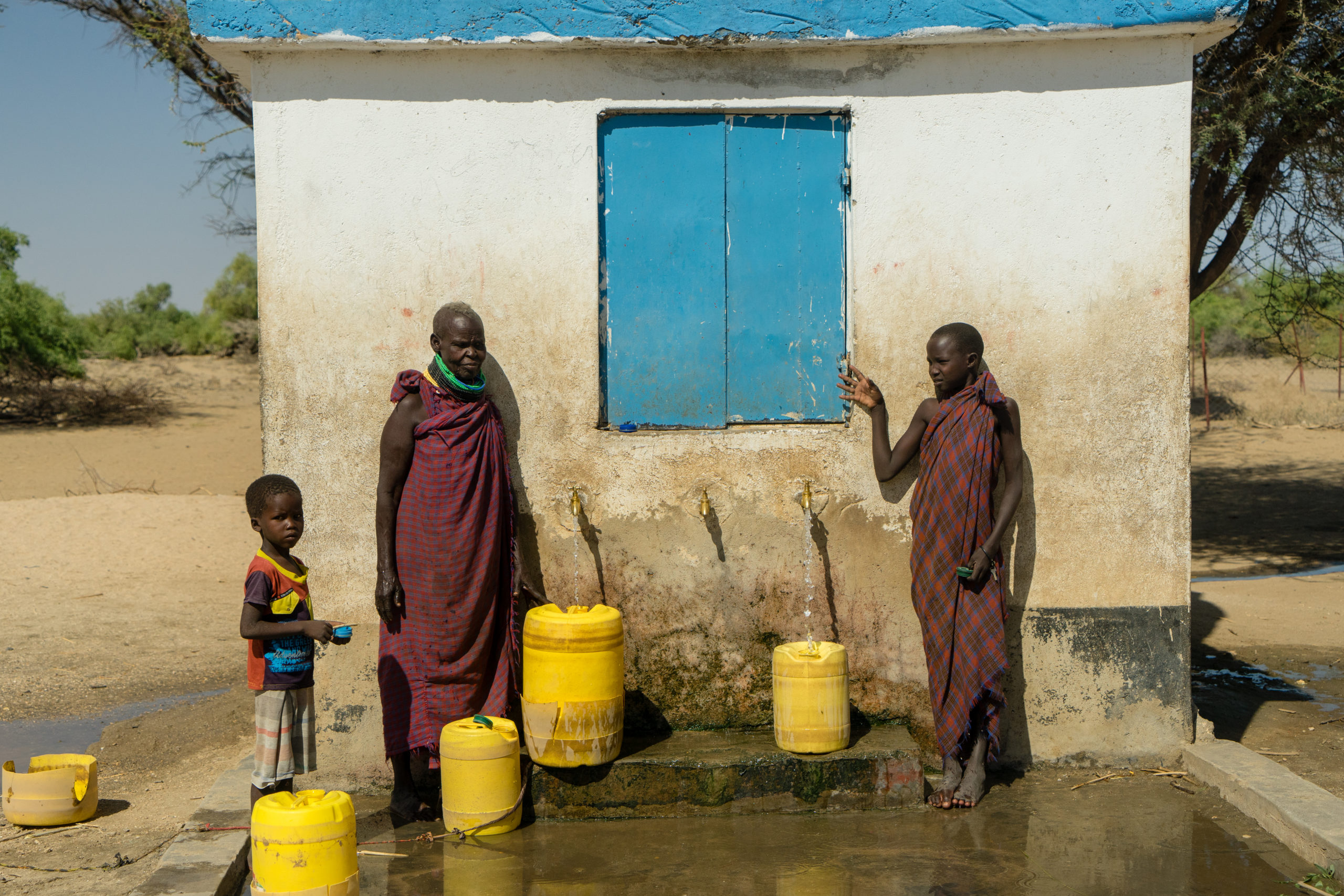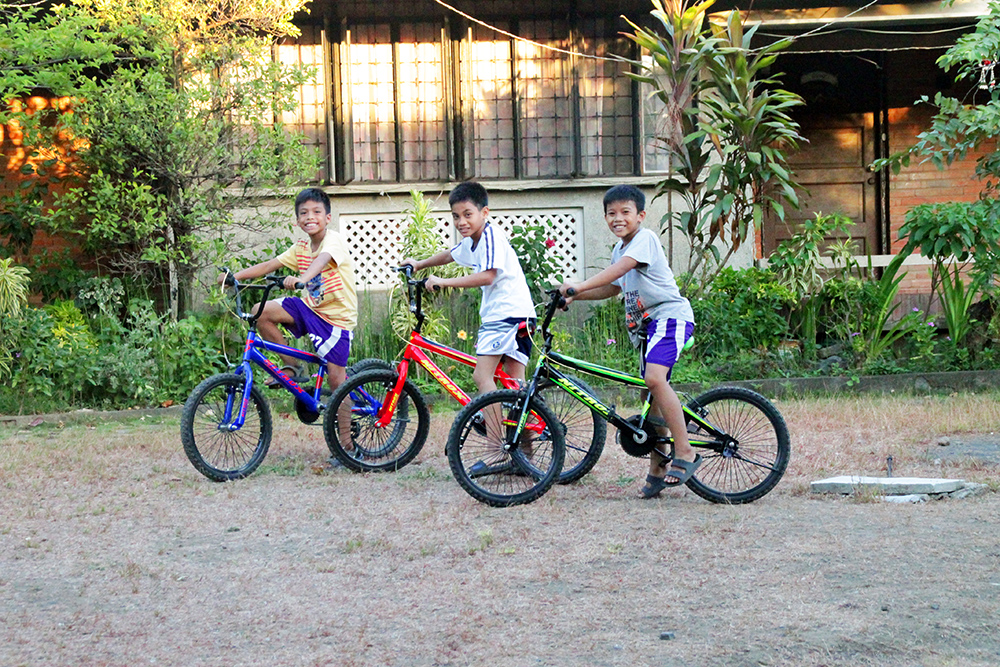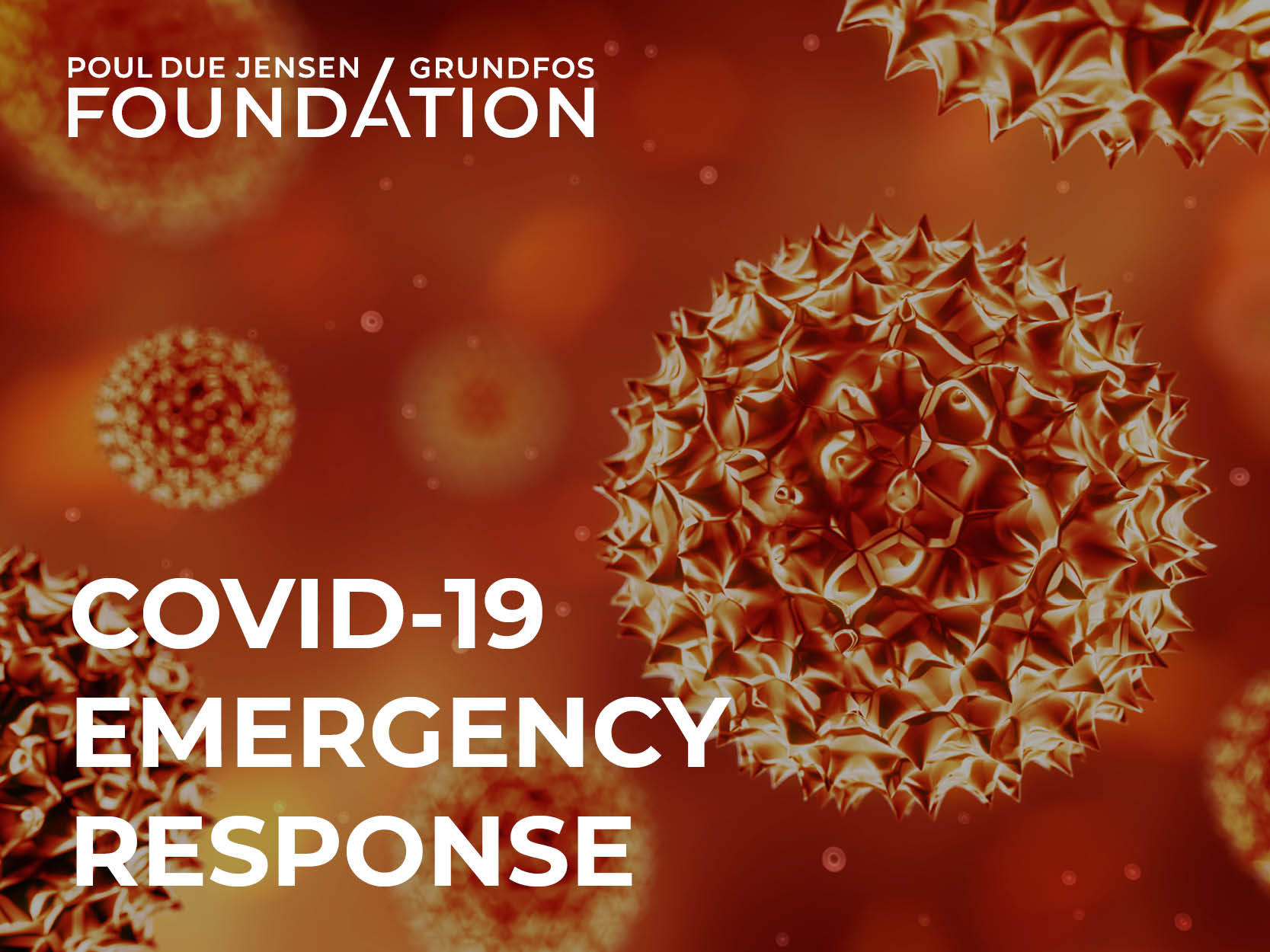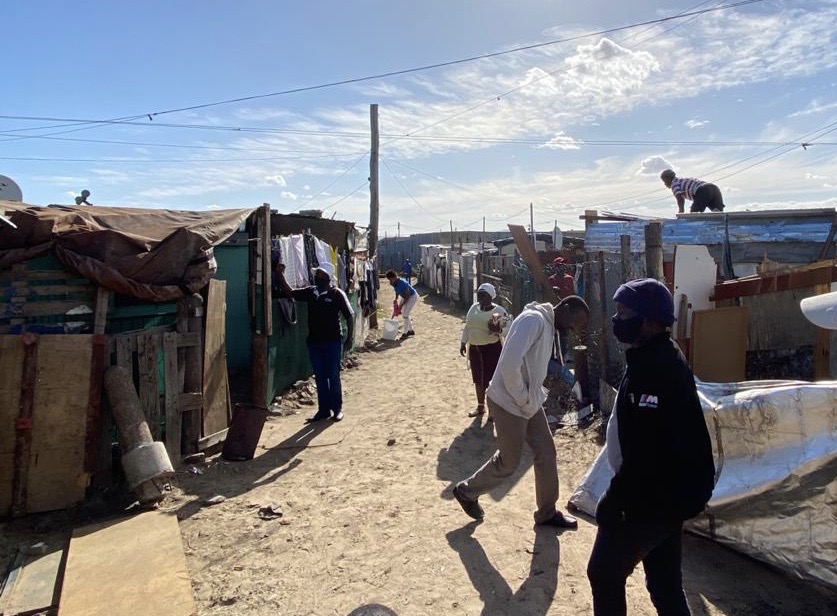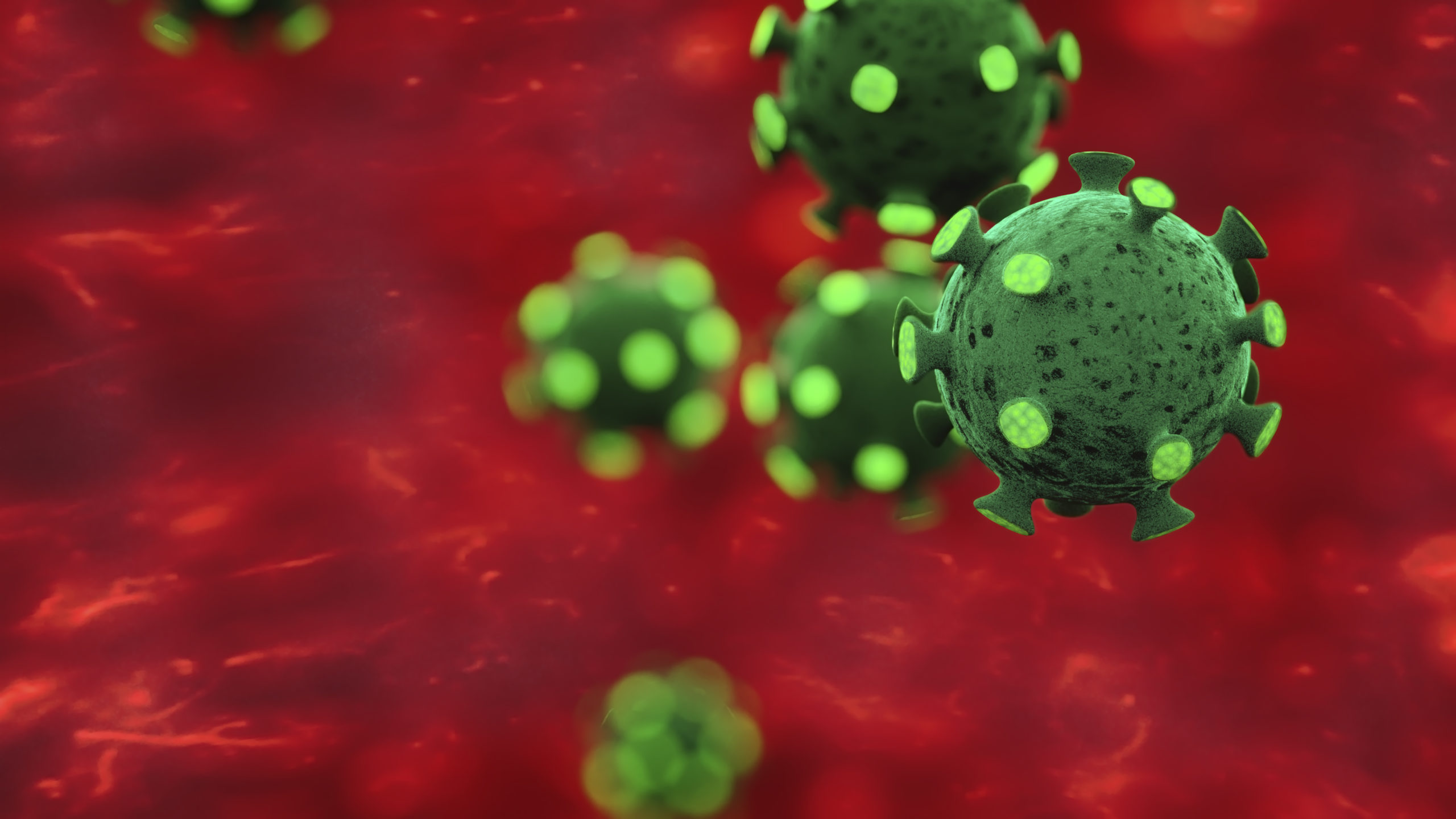Lebanon is the country in the world with most refugees per inhabitant. On top of this, the country’s health systems struggles to provide awareness, medical assistance and protective measures to mitigate the effects of the COVID-19 pandemic.
The high number of refugees living close together, often under unsanitary conditions, risk fueling the spread of the virus, as they do not have the possibility to abide by the guidelines.
”The situation could become a humanitarian disaster. Not only do refugees struggle to make ends meet and provide food, clothing and education for their children, but they are also last in line to receive medical assistance. That is why the Grundfos Foundation has decided to support Doctors without Borders’ relief efforts in Lebanon,” says Kim Nøhr Skibsted, Executive Director.
Doctors without borders work to prevent the spread of COVID-19 in Lebanon on top of their existing work, where they work closely with local health authorities to provide their expertise.
The organisation also reaches out to both host and refugee communities to raise awarenss about how to protect oneself from the virus.
”We are very grateful for the Grundfos Foundation’s support for our work in Lebanon. The funds will allow us to distribute soap and water containers which will make it possible to wash hands and reduce the risk of contagion,” says Jesper Brix.
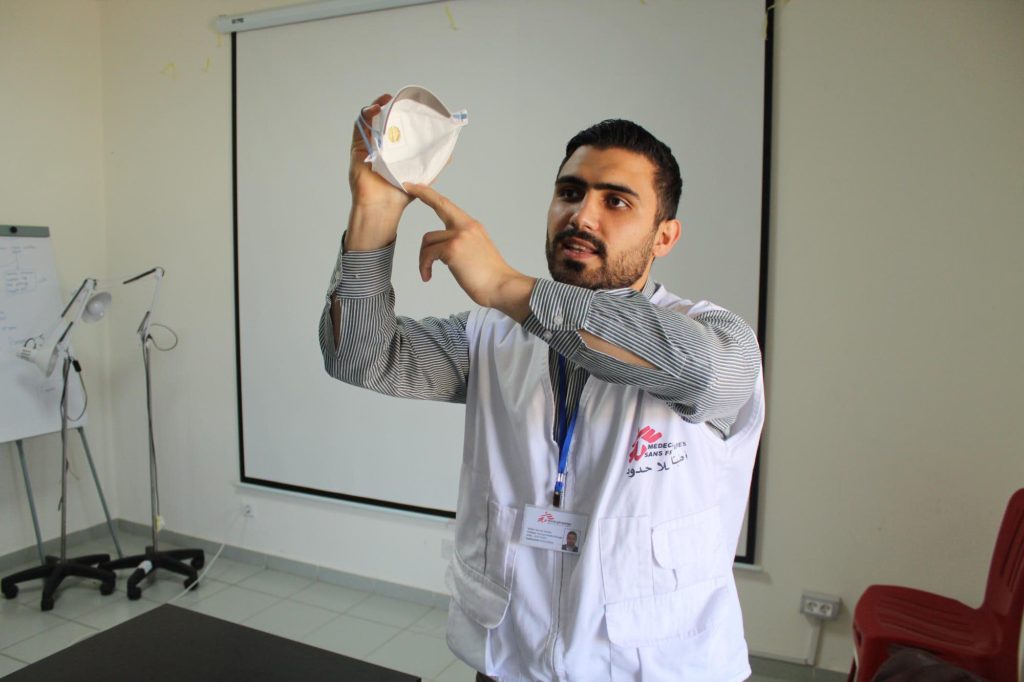
MSF staff teaching health workers in the use of protective equipment. Lebanon, April 2020. Photo: MSF
In the town Bar Elias, MSF’s hospital, usually handling elective surgeries and wound-care activities, will be ready to host COVID-19 patients too. The facility is being equipped with 63-beds capacity, an intensive care unit (ICU), and more than 200 trained staff members on duty.


